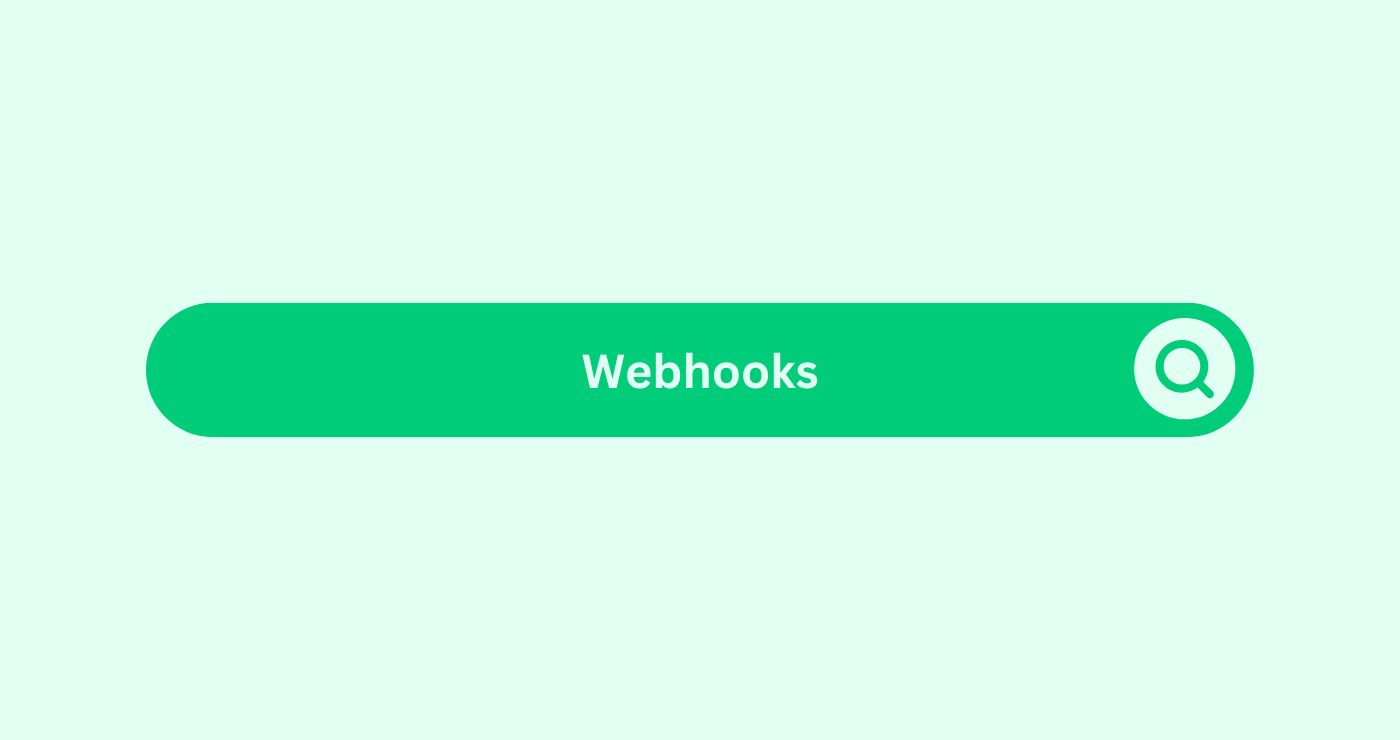Definition
Webhooks in AI Terms in Content MarketingDefinition Content marketing strategically creates and share... are user-defined callbacks. That allow real-time data to be automatically transferred between applications when a specific event occurs. Rather than constantly polling for updates. Webhooks instantly notify one system when another triggers a change. It streamlines automation and enabling live content, analyticsDefinition In SEO, analytics involves collecting, measuring,..., and user tracking workflows.
For instance, a performance marketing agency might use Webhooks to trigger personalised email content when a leadDefinition A Lead in the context of SEO refers to a potentia... submits a form. A digital marketing Auckland consultant may integrate Webhooks with CRM and content platforms to automatically adjust a landing page headline based on leadDefinition A Lead in the context of SEO refers to a potentia... source. An SEO company could rely on Webhooks to send automated alerts when site metricsWhat are Metrics in the context of SEO? Metrics in SEO refer... dip or new backlinksWhat are backlinks in the context of SEO? Backlinks, also kn... are detected—speeding up response time.
Webhooks reduce manual labour and make data movement instantaneous, ensuring content strategies respond in real-time to user behaviourDefinition What is User Behaviour in Social Media Marketing?... and system triggers.
Example
Imagine a SEO company tracking form submissions from various service pages. Instead of checking manually, the team sets up a Webhook that pushes real-time submission data to Google Sheets and a Slack channel.
Each time a visitor fills out a form, the Webhook transfers the data within milliseconds—updating dashboards, triggering notificationsDefinition Notifications in email marketing refer to automat..., and launching tailored email campaigns using integrated AI tools. This enables immediate leadDefinition A Lead in the context of SEO refers to a potentia... follow-up and customised responses without lifting a finger, ensuring no opportunity slips through the cracks.
Formulas & Smart Calculations
To measure Webhook efficiency, marketers rely on trigger, delivery, and response metricsWhat are Metrics in the context of SEO? Metrics in SEO refer.... Here’s how it’s calculated:
| Metric | Formula | Example |
|---|---|---|
| Trigger-to-Delivery Time (ms) | Time Webhook fires – Time request received | 1650ms – 100ms = 1550ms |
| Delivery Success Rate (%) | (Successful Webhooks / Total triggered Webhooks) × 100 | (97 / 100) × 100 = 97% |
| Real-Time Response Lag (s) | Time to response – Trigger time (converted) | (3.2s – 1.1s) = 2.1s |
| Error Rate (%) | (Failed Webhooks / Total Webhooks) × 100 | (3 / 100) × 100 = 3% |
| Uptime Reliability (%) | [(Total time – Downtime) / Total time] × 100 | [(24h – 0.1h) / 24h] × 100 = 99.6% |
These figures help digital marketing Auckland teams validate the speed, accuracy, and impact of real-time automation in content workflows.
5 Key Takeaways
- Webhooks send real-time data between platforms without constant polling or delays.
- They automate responses to events like form submissions, clicks, or conversions.
- Performance marketing agencies use them for faster lead nurturingDefinition Email marketing nurtures leads with personalised ... and triggered content.
- SEO companies apply them for live alerts on rankings, trafficDefinition In the context of SEO (Search Engine Optimisation... drops, or crawl issues.
- Webhooks boost workflow efficiency, reduce friction, and improve personalisationDefinition Personalisation refers to the process of tailorin....
FAQs
What makes Webhooks better than traditional APIs for content marketers?
Webhooks push data automatically upon events, while APIs require repeated requests—saving time and serverDefinition A Server in the SEO space refers to a computer sy... load.
How are Webhooks used in SEO campaigns?
They trigger updates when site audits detect broken links, keyword shifts, or indexingDefinition Indexing in content marketing involves search eng... changes.
Are Webhooks secure for handling sensitive marketing data?
Yes, when paired with secure HTTPS endpoints and validation checks, Webhooks are highly secure.
Can small businesses implement Webhooks without developers?
Absolutely. Many tools like Zapier and Make offer no-code Webhook integrationDefinition Integration in the SEO Glossary combines tactics ... for marketers.
What platforms support Webhooks in digital marketing Auckland agencies?
Most major platforms like HubSpot, WordPress, Google AnalyticsDefinition In SEO, analytics involves collecting, measuring,..., and CRMs like Zoho or Salesforce support Webhooks.




